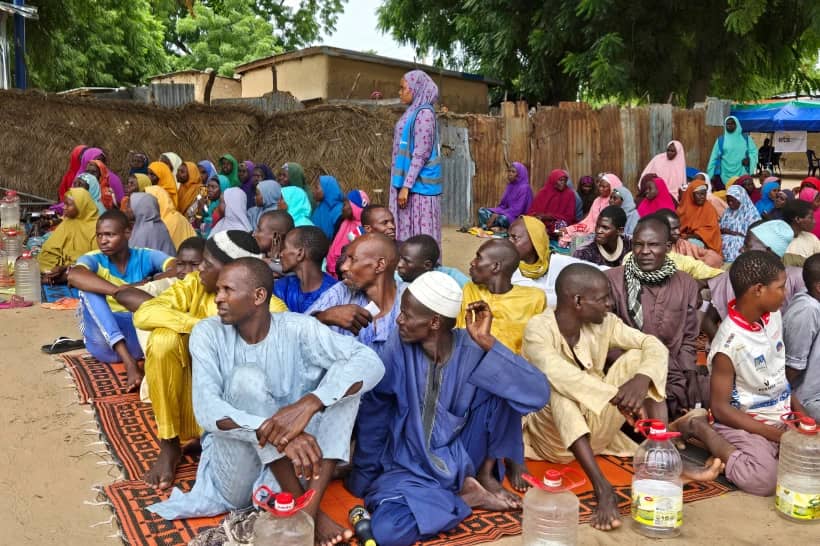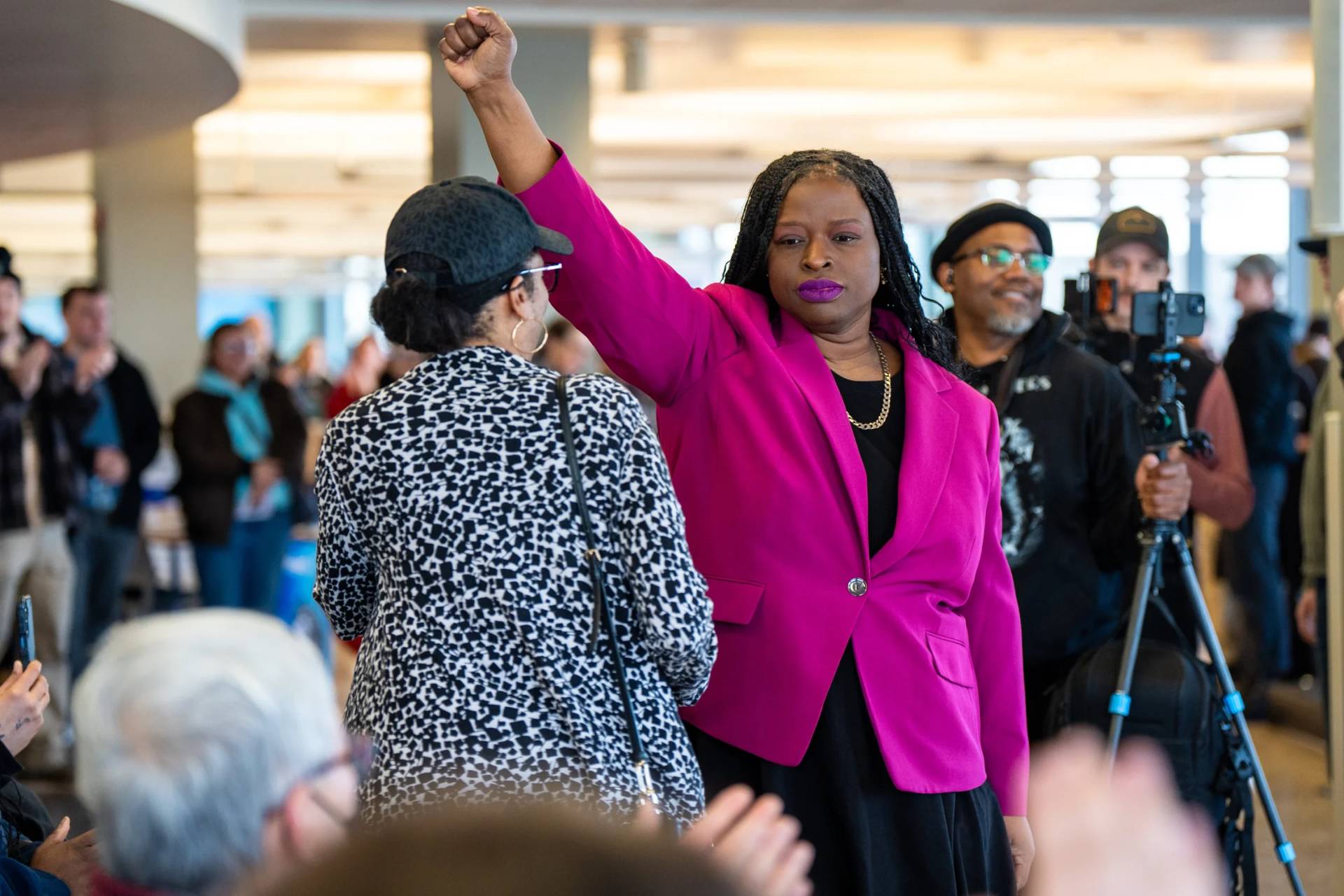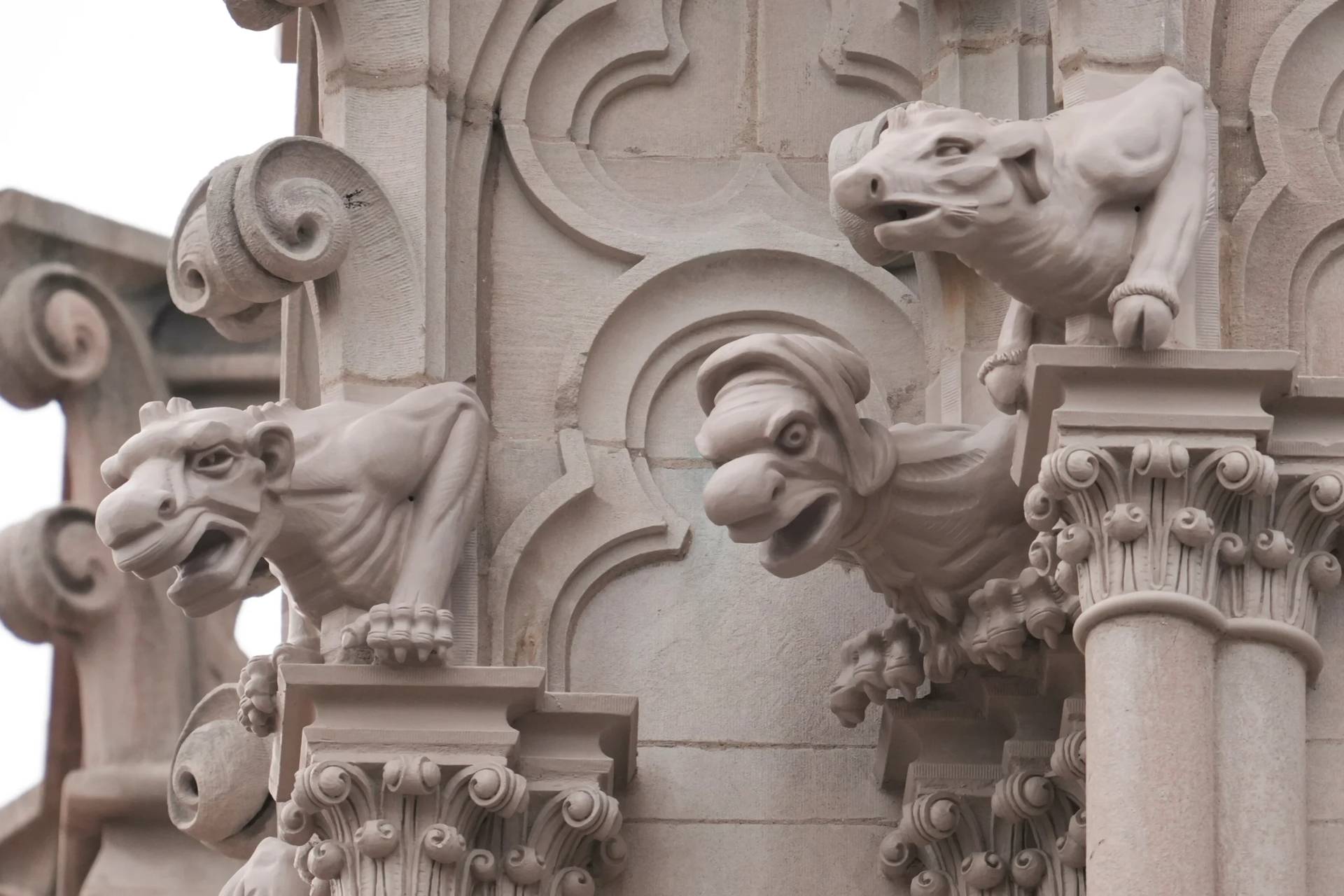EL PASO, Texas — For Bishop Oscar Cantu of San Jose, California, the early August assault by a gunman who opened fire on El Pasoans and others doing weekend shopping at a Walmart in the border city this summer struck particularly deep.
Cantu served as the bishop of the nearby Diocese of Las Cruces, New Mexico, from 2013 until 2018, often flying in and out of the El Paso airport on church business, and he came to consider the city “part of home.”
But more than a geographic closeness in his past experience as a neighboring bishop, he and his family are part of Texas’s Mexican heritage, which is what came under attack during the shooting that resulted in 22 deaths. The gunman allegedly told authorities he was targeting Mexicans, and news reports say he harbored anti-immigrant sentiments and had published writings saying he was angry at the “Hispanic invasion of Texas.”
El Paso, in particular, has a reputation of intertwining the culture, food and languages of the two countries in its midst. El Pasoans will begin a sentence in English and end it in Spanish and vice versa. They proudly throw the word “binational” around, recognizing the commercial, familial and community bonds that are part of the city’s history and identity — one that incorporates two countries.
Perhaps because of that nature, it became a prime target for a gunman intent on attacking exactly those kinds of ties prevalent in many Texan families with Mexican roots, such as Cantu’s.
Cantu’s parents, originally from Mexico, raised their family of eight children on the opposite side of the state, in Houston, where the prelate was born. From a young age, he knew being Mexican in the U.S. came with moments of difficulty, he said in a Sept. 25 interview with Catholic News Service.
“I had experienced discrimination at different levels throughout my life, as a young person, a teenager, even as an adult, for being Hispanic, and you learn to cope with those things and brush it off,” he said.
Although facing discrimination and prejudice comes with the territory of being a person of color in the U.S., nothing prepared him for the news he heard out of El Paso this summer.
On Sept. 26, Cantu, along with a delegation of U.S. bishops, women religious, lay ministers and others visited El Paso to learn about the current state of affairs in immigration circles there and made a stop at a makeshift memorial that locals erected near the Walmart where the shooting took place.
Like a river of sorrow but also of resilience, hundreds of items flow along the long fence: rosaries, artwork featuring Our Lady of Guadalupe, the Diving Providence, crucifixes, T-shirts of the Dallas Cowboys, candles of all shapes and sizes, drawings that incorporate in one flag the colors and design of the flags of the United States and that of Mexico — a common sight in El Paso. The items surround the names of photos of those the gunman targeted and who died nearby, primarily Latinos, many who were Catholic, but also Mexican nationals.
“The fact that I could have been one of those targeted brings it very close to home. People don’t see me as Hispanic necessarily. They see me as a cleric, a bishop, but I think its important that I remind people that (being Latino) is part of my identify as well,” Cantu said. “My parents were immigrants. I grew up speaking Spanish at home so I feel a strong solidarity with those who were targeted in El Paso.”
At the memorial, El Paso Bishop Mark J. Seitz and Fathers Fabian Marquez and Mark Salas, also of the Diocese of El Paso, told the group about the harrowing hours following the shooting, the people they encountered and whom they tried to comfort as they waited more than 24 hours to find out whether their loves ones survived or died.
“They were broken, but God was with them,” Marquez told the group.
Seitz said the memorial, while painful because of the act of violence that had produced it, also became a place for the city to show care and compassion for those who died and for their families and loved ones. It became a place of love.
“This became our healing place,” Marquez said.
Nearby, Marquez and Seitz spotted Antonio Basco, husband of Margie Reckard, one of those fatally wounded during the shooting. He was placing candles, flowers and other items near a cross bearing her name at the memorial. He made headlines around the world when he invited the public to his wife’s memorial because he had no family who could attend. Flowers were sent from around the world and some traveled long distances to attend.
Marquez introduced him to the group as Tony and along with Seitz invited the visiting group to pray an “Our Father” and a “Hail Mary” with the widower, and to extend their condolences if they wished. Many hugged him or shook his hand, including Cantu and Bishop Brendan J. Cahill of Victoria, Texas, who was traveling with the group, which included many staff members of the U.S. Conference of Catholic Bishops.
Seitz expressed sadness over what words of anger have produced in his community.
“We’re left to deal with the consequences … lives changed forever,” he told CNS.
Cantu said the narrative that “we’re being invaded,” one that the gunman espoused, is “insidious and sad.” And just when you think society has moved forward and “we understand each other better … you understand, yes, we’ve taken a step forward, but we’ve taken also two or three steps backwards,” he said.
“I’m just really concerned about the heightening of rhetoric, the divisive rhetoric, talking heads, cable news, or video … or even by the administration,” Cantu told CNS. “It’s not helpful.”
Crux is dedicated to smart, wired and independent reporting on the Vatican and worldwide Catholic Church. That kind of reporting doesn’t come cheap, and we need your support. You can help Crux by giving a small amount monthly, or with a onetime gift. Please remember, Crux is a for-profit organization, so contributions are not tax-deductible.














